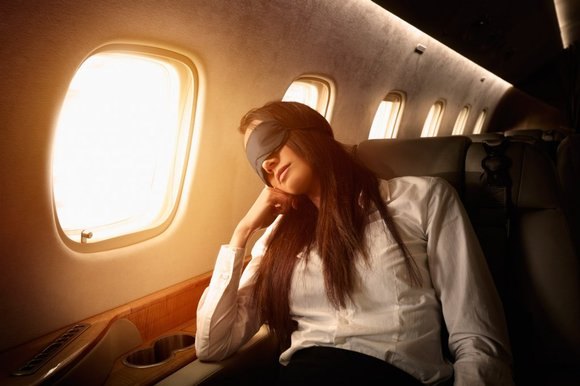In a few weeks time I’m going to be travelling to Toronto as part of the coaching staff for the NZ Invictus Games team. I am putting together this advice for the members of the team as a way of minimising their jetlag and ensuring they are ready as soon as practical to optimise their performance at the 2017 Invictus Games. Regardless of what event you are travelling for (or maybe it’s just a holiday), you can still use this information to ensure that you travel efficiently to be as fresh as possible at the other end.
One
The quicker you adapt to your new time zone the better off you will be and easier you will find it to settle into a routine in your destination. You can start the adaptation process back in New Zealand before departing by starting your day of travel with a solid workout. You are unlikely to get the opportunity to do a hard or solid workout whilst travelling and when you arrive in your destination it’s best to start off with a couple of easier sessions to settle into the new environment.
Two
Keep yourself well hydrated in the lead up to your travel by drinking plenty of water. You should be doing this everyday regardless, but it is especially important prior to and during travel.
Three
Whilst flying, wear some compression tights or socks to assist recovery from the hard training session and to encourage circulation during the flight to minimise any risk of Deep Vein Thrombosis (DVT).
Four
When you board your flight, set your watch to the time of your destination and do what you would normally do at that time of day. For example when I board my flight to Canada it will be middle of the night in Toronto, so I will turn off my lights and put on an eye cover and attempt to sleep. I will attempt to sleep until ~5am Toronto time, as that is my normal wake up time, where I will take off the eye cover and turn on my lights and keep myself busy and stimulated during the Canadian day time. I will watch some movies, maybe read a book or prepare some articles for my website. As I normally eat breakfast ~7am I’ll have something to eat at this time and then continue to live in Canadian time until our arrival in Canada. Usually with disrupted travel plans the disjointedness screws your circadian rhythm up even more. By living to your destination time from when you board your plane, you will start resetting your biological clock (your circadian rhythm) prior to actually arriving in your destination, thus you will be ahead of the game. Often you won’t get quality sleep initially on the plane, but that is on par to having a disrupted sleep jet lagged at your destination, so you are getting that out of the way whilst travelling by resting at worst and sleeping at best during normal sleep time and then doing things to keep your brain stimulated when you are normally awake.
Five
Spend some of your daytime whilst travelling moving around the cabin as much as practical. This has a number of effects from keeping the blood flowing to minimising the risk of DVT. It also elevates the heart rate slightly to provide stimulation to the body. Whilst everyone else is sleeping take the opportunity to do some stretching. I find that there is often a bit of floor space down the back near the emergency exits and toilets that is perfect for doing a stretch session. Whilst travelling to Asia last year I did three 30min stretch sessions during the flight, and this flight I potentially will do more sessions.
Six
Alcohol can really disrupt your circadian rhythm. Whilst flying it seems convenient to have a few drinks to help fill the time, but if you drink alcohol for the sake of doing something on the flight this can have a negative effect on resetting your biological clock to the new time zone. This can also impact things once you arrive in your destination. If you can avoid going out late and work on getting settled into your new routine quickly, you will find yourself over the jetlag and your biological clock will be reset. Within a few days you will be able to handle some later nights a whole lot easier, rather than those late nights continuing to disrupt your biological clock and circadian rhythm.
Seven
On arrival at your destination continue to live to that time zone. If it is time to go to bed, then go to bed. Sleep might not come easily but stay in bed and lie there and relax. When it is time to be awake do an easy workout, a minimum of 30 minutes easy to get into the routine. Do that workout as early as possible in the day. If you arrive in the morning, once you have checked in get out for a light workout. If you arrive late, once you wake up get out as early as practical for a workout.
Bonus
Once you’ve arrived maximise the amount of sunlight getting into your eyeballs. This will stimulate you and help reset your circadian rhythm. Avoid wearing sunglasses in the mornings to maximise the sunlight getting into your eyes.
Summary
In summary:
- Do a final HARD workout in New Zealand prior to departure.
- Maintain a great level of hydration.
- Wear compression clothing whilst flying.
- Live by your destination time from when you board your flight.
- Move and stretch during your flight.
- Minimise alcoholic drinks on the flight and once you arrive at your destination.
- Get a light workout done as early as possible.
Bonus
Avoid wearing sunglasses in the mornings.
